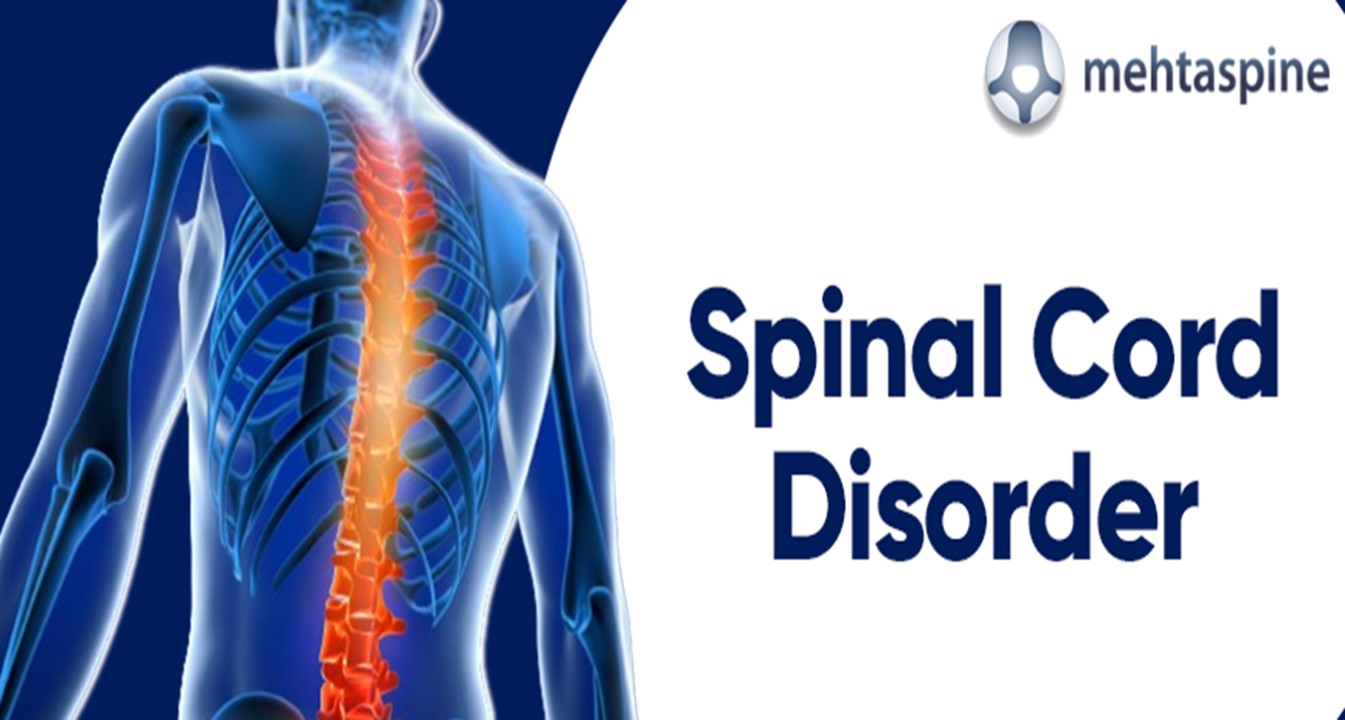Spinal Cord Disorders: Symptoms, Diagnosis, and Treatment
Title: Spinal Cord Disorders: Symptoms, Diagnosis, and Treatment
1
(No Transcript)
2
Spinal Cord Disorders Symptoms, Diagnosis, and
Treatment
- Disorders of spinal cord refer to any condition
that affects the spinal cord, a crucial bundle of
nerves running through the spine. - These disorders range from severe spinal cord
injuries (SCI) to degenerative conditions like
spinal stenosis or herniated discs. - There are numerous symptoms associated with
spinal cord disorders, ranging from pain,
numbness, weakness, and tingling to loss of
sensation or motor function. - The diagnosis is done by spinal deformity
surgeons UK and involves reviewing the medical
history, conducting a physical examination, and
imaging tests such as MRI or CT scans. - The treatments for spinal cord disorders vary
based on the specific causes and the extent of
symptoms.
3
Spinal Cord Disorders Symptoms, Diagnosis, and
Treatment
- Spinal Cord Disorder Symptoms
- The symptoms of a spinal cord disorder depend on
the location and type of disorder along the
spinal cord. The common symptoms include - Severe pain in the neck, back, or limbs
- Weakness or paralysis in the hands or feet
- Numbness or tingling sensations
- Difficulty walking or maintaining balance
- Changes in bowel or bladder functions
- Changes in sensation or reflexes
- If the disorder affects the higher part of the
spinal cord, patients are more likely to suffer
from severe muscle cramps, coordination problems,
or even shortness of breath. The symptoms can
range from mild to severe and can worsen if not
treated promptly. Therefore, taking appropriate
action in a timely manner is necessary for
accurate diagnosis and follow-up treatment.
4
Spinal Cord Disorders Symptoms, Diagnosis, and
Treatment
- Spinal Cord Disorder Diagnosis
- Diagnosing a spinal cord disorder is a complex
procedure that requires a comprehensive initial
assessment, including reviewing medical history
and undertaking a physical examination to examine
the symptoms, reflexes, and sensory function. - Moreover, imaging tests such as MRI or CT scans
provide clear views of the spinal cord and the
surrounding structures, helping doctors spot
abnormalities such as herniated discs, stenosis,
or tumors. - Additionally, doctors may perform
electromyography (EMG) and nerve conduction
studies (NCS) to understand nerve function and
focus on areas of dysfunction. - Blood tests can help rule out infections or
autoimmune conditions. Finally, a spinal tap
(lumbar puncture) may be performed to analyze
cerebrospinal fluid for signs of inflammation or
infection. - These diagnostic procedures aid in accurately
identifying the spinal cord disorder and
developing appropriate treatment strategies.
5
Spinal Cord Disorders Symptoms, Diagnosis, and
Treatment
- Spinal Cord Disorder Treatment
- The treatment for spinal cord disorders focuses
on symptom management, slowing down the process
of tissue damage, and helping patients improve
their quality of life. - Conservative treatment strategies vary from one
condition to another and their severity. - The treatment involves medical management and
physical therapy to strengthen muscles and
improve mobility. - Surgical interventions become necessary when
conservative measures such as painkillers,
physiotherapy, or corticosteroid injections do
not relieve pain. - Surgical interventions range from decompression
of the spinal cord, tumor removal, resection of
prolapsed discs, and stabilization of the spine
through fusion. - Rehabilitation is a key component in the recovery
process.
6
Spinal Cord Disorders Symptoms, Diagnosis, and
Treatment
- Mehta Spine Expertise in Spinal Cord Disorder
Treatment - Meet Mr. Mehta, an esteemed orthopedic surgeon
specializing in spinal deformities and disorders.
- Mr. Mehta is ranked among the Top ten spinal
surgeons in UK. - Mehta Spine has expertise in the management of
spinal cord diseases and disorders. - Be confident with Mehta Spine in your quest for
excellent treatment for spinal cord disorders.
7
Contact us
- Royal Orthopaedic Hospital
- BMI The Priory Hospital
- Spire Parkway Hospital
- Bromsgrove Private Clinic
- Birmingham Childrens Hospital
8
Contact and Connect
- Clinical secretary Samantha Leavy 44 785 021
1939 - Medico-legal secretary Jan Clarke 44 121
4508928 - Spire Parkway Hospital 0121 704 5500
- BMI NEC (National Enquiry Centre) 0808 101 0337
- BMI Priory 0121 446 1638
- Email secretary_at_mehtaspine.co.uk
- The appointments are booked through the clinic

